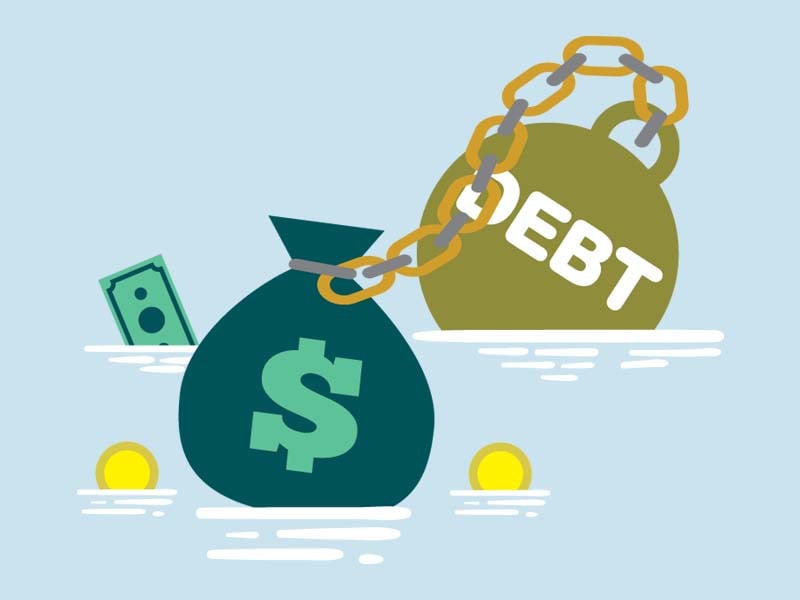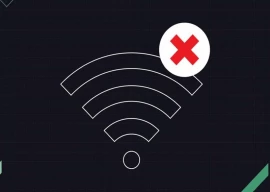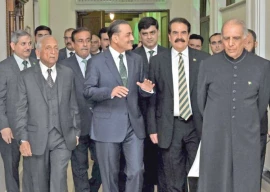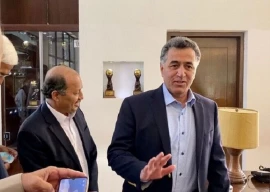
A power division official informed a parliamentary panel on Friday that the federal government might pass the burden of the Rs2.6 trillion circular debt onto consumers who regularly pay their bills.
The circular debt has resulted from the inefficiencies of distribution companies (DISCOS) and power theft. However, instead of taking action against those responsible for the escalating burden, the government is considering passing it on to those who diligently pay their bills.
The Ministry of Energy (Power Division) additional secretary briefed the National Assembly Standing Committee on Energy (Power Division) on issues related to overbilling and unannounced load-shedding in Karachi.
He told the committee that it was no longer feasible to allow any further increase in the circular debt within the power sector. A committee member, Sheikh Aftab Ahmed, warned that this burden might be the "straw that breaks the consumer's back."
Meanwhile, Prime Minister Shehbaz Sharif and party officials have reportedly received "instructions" to address the soaring electricity bills in the country, which have become unbearable for the average consumer amid rising inflation.
The PM recently announced a 10-day extension in the due dates for bills issued across the country for July and August to provide some relief.
Additionally, the government decided to defer the increase in the base tariff of electricity for protected and unprotected customers using less than 200 units per month.
During the meeting, the NA committee expressed grave concerns about overbilling and decided to receive a briefing from representatives of Independent Power Producers (IPPs) about their performance at the next meeting.
The Power Division additional secretary also provided details on overbilling and unannounced load-shedding in Karachi, explaining that the means of electricity generation vary by region. In Karachi, electricity is generated through thermal resources, which are relatively expensive.
Under the government's uniform tariff policy, everyone in the country pays the same price for electricity, despite differences in generation costs across regions.
The government provides differential payments to K-Electric in the form of subsidies to offer relief to consumers. Meanwhile, K-Electric officials stated that the company had reduced line losses from 40% to 15% since privatization.
K-Electric also reported that since its privatization, the company had added 2,000 MW of efficient generation capacity and was working to increase the supply through the inclusion of renewable energy sources.
The committee expressed disappointment at the dismal situation in Sindh's power sector, as HESCO's CEO admitted that 50% of the territory was experiencing up to 12 hours of load-shedding.
HESCO officials revealed that the DISCO's network comprises 620 feeders split into eight categories based on loss levels. Only 180 feeders, with less than 20% Aggregate Technical & Commercial (ATC) losses, were exempt from load-shedding, while all other feeders experienced 2 to 12 hours of power interruptions.
Of the 318 feeders, nearly half of the network faced losses exceeding 80%. The HESCO CEO stated that the company had accumulated losses of Rs205 billion and was losing Rs1.5 billion monthly, with average line losses of 27% across the network.



















COMMENTS
Comments are moderated and generally will be posted if they are on-topic and not abusive.
For more information, please see our Comments FAQ